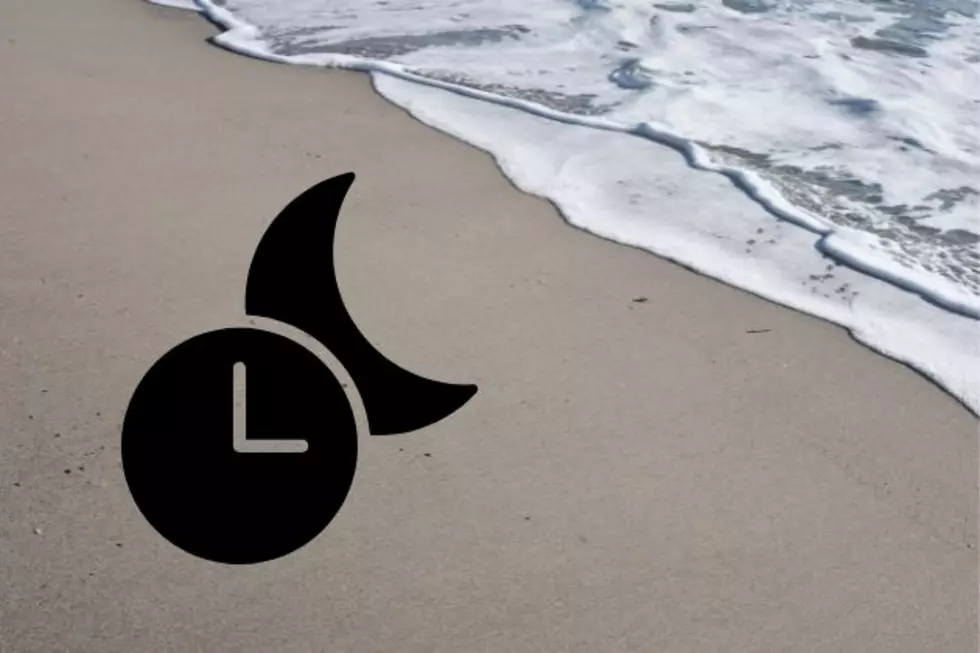
Measure to protect coral habitat off the Jersey Coast wins key support
The Mid-Atlantic Fishery Management Council recently voted in favor of a measure to preserve 38,000 miles of deep sea coral habitats off the Eastern Seaboard that are instrumental to New Jersey, according to officials at Monmouth University’s Urban Coast Institute (UCI).
The coral habitats are roughly about the size of Virginia, and serve as the most valuable and productive canyons off the Jersey Coast, according to Tony MacDonald, director of UCI.
Key figures from organizations who were instrumental in achieving the historic compromise in securing approval from the Mid-Atlantic Fishery Management Council are being recognized by UCI at its 11th Annual Future of the Ocean Symposium & National Champions of the Ocean Awards Luncheon on Oct. 29.
MacDonald said the fishing industry, represented by the Garden State Seafood Association, environmentalists and the Mid-Atlantic Fishery Management Council worked together to get support for the preservation. He called it a rare move.
“Groups don’t come to consensus these days, so I think it’s really worth noting when three groups come together to both protect the fishery so that the fisherman can still make sure that they can go out there and fish, but also protect really sensitive habitats in critical areas off New Jersey,” MacDonald said.
The coral habitats are along the continental shelf, and McDonald noted many people may not realize how incredibly productive it is for fisheries and the environment.
“There’s a whole series of canyons off of the shelf where we find these corals and other sea life,” McDonald said.
McDonald explained that the corals are very sensitive and slow-growing.
“You can have things that are called Bubblegum Corals that can grow up to 15 feet tall and take 500 to 1,000 years to grow, so they tend to grow along these very productive areas, these nutrient-rich areas along the shelf. What you really want to do is protect them from fishing, that is bottom-dragging,” McDonald said.
Only some fisheries would be restricted from being allowed to bottom drag, according to McDonald.
Enforcement isn’t an issue, according to McDonald, especially with technology such as GPS. He added that most fisherman are already aware of the location of these coral habitats.
Preserving the coral habitats allows researchers to see how the corals might benefit other species that rely on them, McDonald added.
More From New Jersey 101.5 FM









